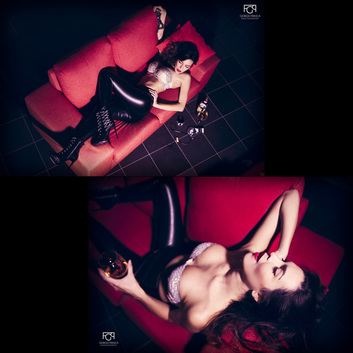
He's the photographer of our editor's choice of the 10th of December. View more of his photos and learn about Giorgio Frasca. Here's our interview with him.
How old are you, Where were you born and where do you live now, What is your profession and do you have other besides photography?
I’m 29 years old and was born in Venezuela but now I’m living at Florence, Italy. I am graduated in journalism.
Have you been involved in the arts in some form other than photography?
Since I was a boy I always liked to draw. Particulary caricature.
Seeing your remarkable work, I am curious where your creativity comes from?
I think that depends of the mood, the feeling between me and the model that makes me come ideas and how to focus them.
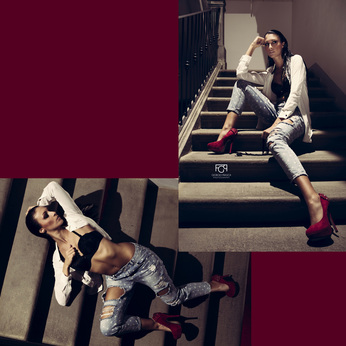
Could you share with us how you first became interested in photography?
I became interested in photography in the University. Two of the subjects that I studied were photography and photojournalism.
What equipment are you using now and with what did you get started? what is your favorite lens?
Now I am using a Canon 6D, a Tamron 28-75mm 2.8 lens, Canon 50mm 1.8, Canon 70-300mm 4 - 5.6, two speedlites (Canon 600EX and Yongnuo YN560). I started with a Canon Rebel Xsi and the 18-55mm 4 - 5.6 lens. My favorite lens is the 50mm. I think that you could do almost everything with this lens. Perfect for portraits.
Can you tell us about your work flow from the point you first step onto the street until you showcase the developed picture?
If the photos are in the outside I always like to see the location first, maybe one or two days before, to think how would be the light and the scene. Once arrived to the location the day of the shooting I like to talk with my assistant and the model to create a relaxed work enviroment. Anything is worst that a tense model that doesn’t know what do you want from her/him. Then I start to shoot. When I come home, I like to download all the photos and make the backup in a 2nd hard drive for security. I like to start editing the day after or the next day available. I open the pictures in Lightroom and then, in Photoshop to correct the other details and finish the picture.
Do you see a particular influence, be it a photographer or school on your work? Any subject that attracts you?
Besides my photography teachers at the university, I've always admired venezuelan photographers that also are good friends. Frank Ugel, Elio Ávila, Ricardo Marapacuto, Víctor Alfonso are spectacular photographers and I think that I have been influenced by their work in some way.
I became interested in photography in the University. Two of the subjects that I studied were photography and photojournalism.
What equipment are you using now and with what did you get started? what is your favorite lens?
Now I am using a Canon 6D, a Tamron 28-75mm 2.8 lens, Canon 50mm 1.8, Canon 70-300mm 4 - 5.6, two speedlites (Canon 600EX and Yongnuo YN560). I started with a Canon Rebel Xsi and the 18-55mm 4 - 5.6 lens. My favorite lens is the 50mm. I think that you could do almost everything with this lens. Perfect for portraits.
Can you tell us about your work flow from the point you first step onto the street until you showcase the developed picture?
If the photos are in the outside I always like to see the location first, maybe one or two days before, to think how would be the light and the scene. Once arrived to the location the day of the shooting I like to talk with my assistant and the model to create a relaxed work enviroment. Anything is worst that a tense model that doesn’t know what do you want from her/him. Then I start to shoot. When I come home, I like to download all the photos and make the backup in a 2nd hard drive for security. I like to start editing the day after or the next day available. I open the pictures in Lightroom and then, in Photoshop to correct the other details and finish the picture.
Do you see a particular influence, be it a photographer or school on your work? Any subject that attracts you?
Besides my photography teachers at the university, I've always admired venezuelan photographers that also are good friends. Frank Ugel, Elio Ávila, Ricardo Marapacuto, Víctor Alfonso are spectacular photographers and I think that I have been influenced by their work in some way.
What are some of the most important lessons you have learned from shooting on the streets?
The most important lesson that I have learned from shooting on the streets it’s that every space, every location has its own magic and you can shoot everywhere if you want.
Among your works, which is your favorite and why?
One of the works that I liked most was a shooting made here in Italy. I was shooting with a model near a train rail and just some seconds before start to shoot, we see the train coming and we made the photo with the train in the background. I really liked that photo.
Tell us your funniest or most awkward photography story.
I don’t know how to define this story, but one day I was doing a wedding in a beautiful location, two invited (two old persons) came to me and tell me if I could take them a picture (portrait) separated because they wanted a beautiful photo to show it in their tumbs the day that they past away.
What would you tell a newcomer who asks for your advice on how to start?
The best advice is to try and make the most photos possible. The try-wrong experiment is the best way to learn how to use your camera and how far you can go. Also is important to read, to learn about the light and see other photographer's work.

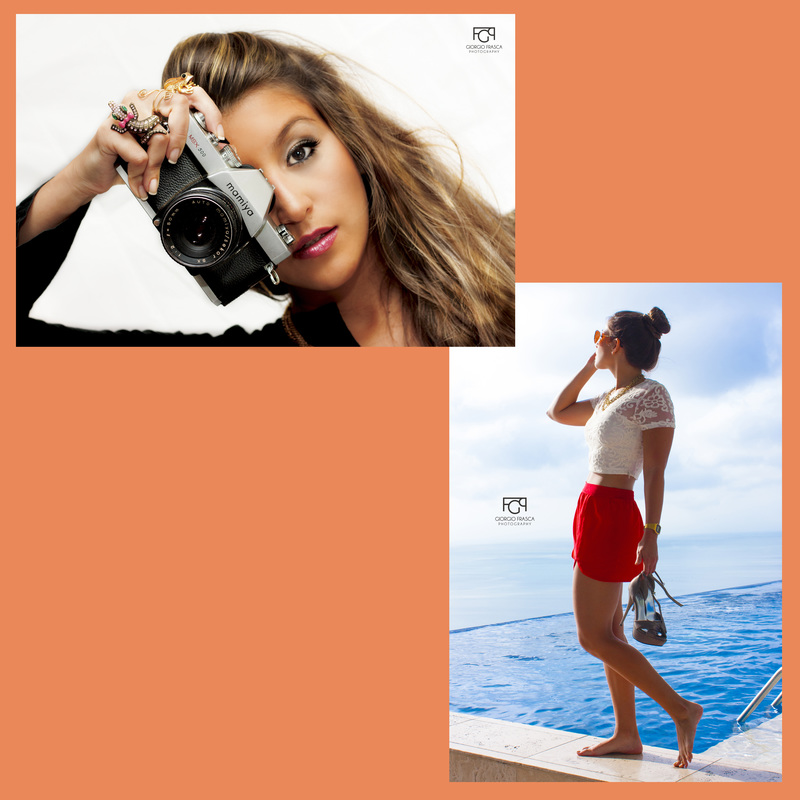
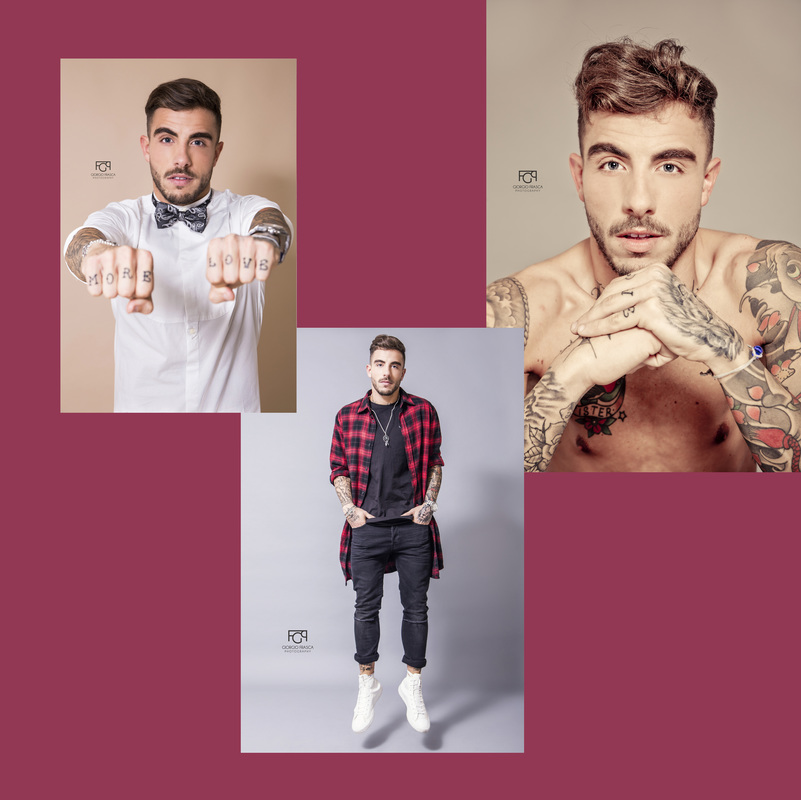
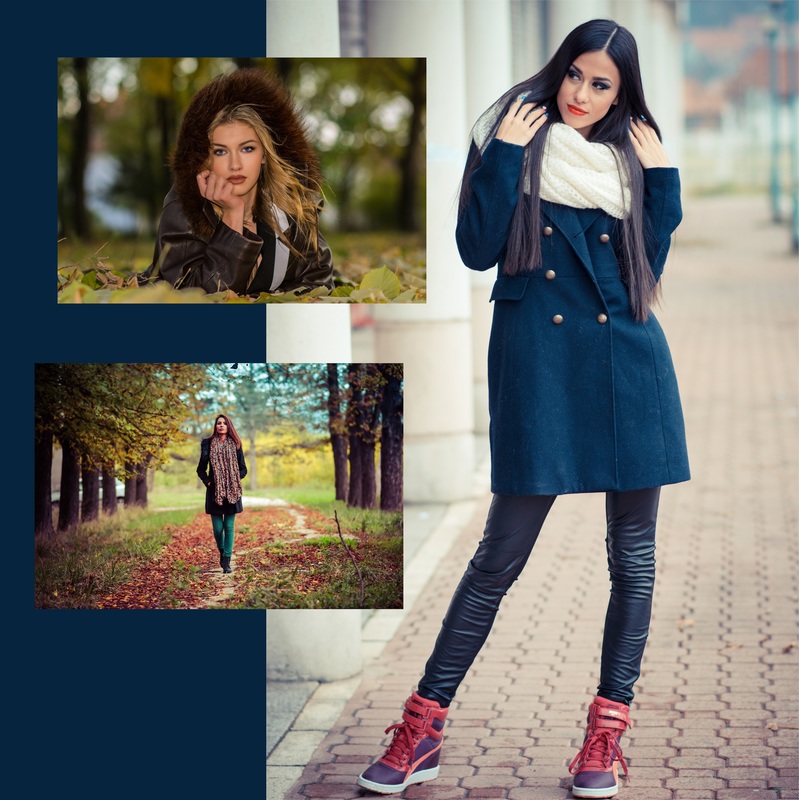
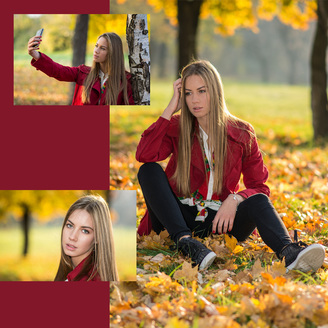
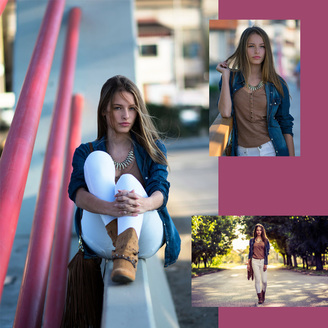
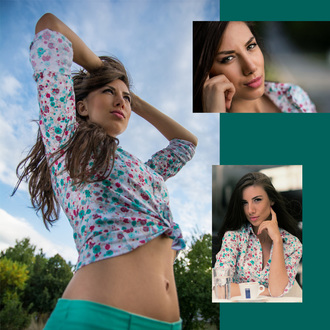
 RSS Feed
RSS Feed